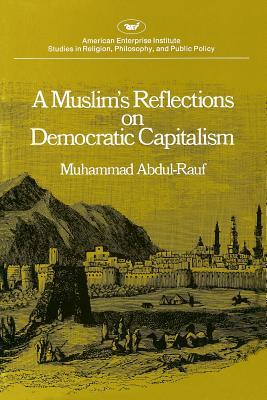In this brief volume, an eminent Islamic scholar tries to demonstrate to Westerners how his faith influences the everyday life of its practitioners.
The author draws on original sources of Islam-the Holy Koran and Al-Hadith, or sayings and recorded deeds of the Prophet Muhammad-to formulate a concept of Islamic economics. He shows that Islam stimulates production, insists on fair distribution, and calls for moderation in consumption. It honors both work and trade and has made payment of the zakat (alms for the poor) a cardinal obligation. Islam also endorses and protects individual liberty, but it makes a clear distinction between economic liberty and greed.
The author compares these Islamic views with those of democratic capitalism. He makes special reference to Michael Novak's Spirit of Democratic Capitalism (1982), which traces the theological foundations of democratic capitalism in the moral-cultural values rooted in Judeo-Christianity.
